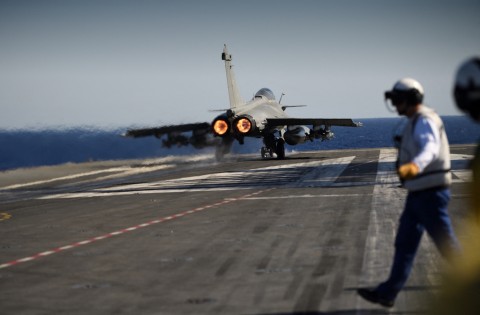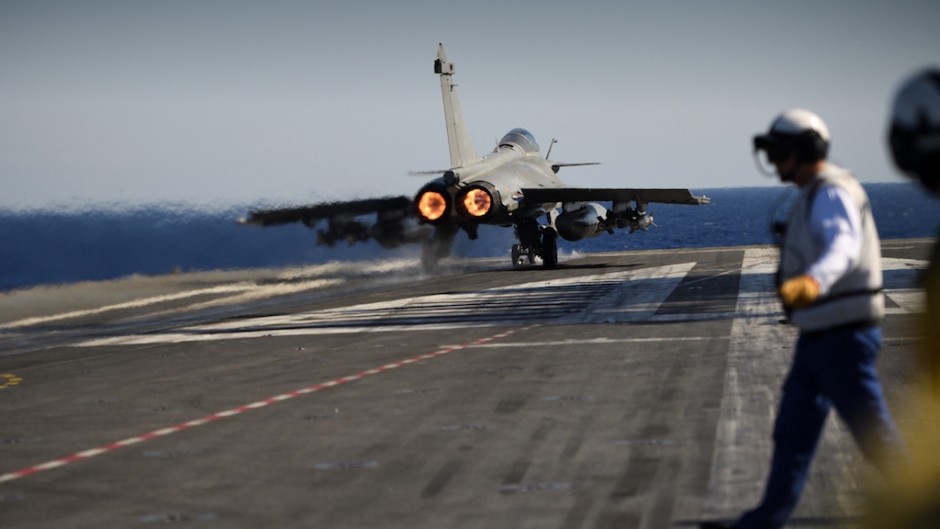
PARIS - The French army officially awarded the contract to develop a new European combat jet, a key project in the push to integrate the continent's military capabilities and reduce its reliance on American equipment.
French and German officials announced the deal last month, burying the hatchet after months of dispute over how the industrial work would be shared out for the stealth delta-wing aircraft.
European planemaker Airbus and France's Dassault Aviation, joined by Spain's Indra and a host of subcontractors, will collaborate on the so-called Future Combat Air System against a rival project, Tempest, pursued by Britain, Italy, Sweden and Japan.
"This historic contract, worth 3.2 billion euros [$3.4-billion], will cover the work on a demonstrator of the FCAS and its components for around three and a half years," the companies said in a statement.
Analysts estimate it will cost 100 billion euros to develop the new jet and its cutting-edge technologies including artificial intelligence for a linked "combat cloud" of drones, scheduled to be operational in 2040.
"This is a major step forward with an important project to protect our strategic interests," French Defence Minister Sebastien Lecornu said in a statement.
Upon completion of the development phase, known as 1B, the countries will negotiate the actual construction phase for the jets, with the first flight demonstrations expected in 2028 or 2029.
"The political agreement on the FCAS is a big step forward and -- especially in the current international context -- an important signal of the excellent cooperation between France, Germany and Spain," the office of French President Emmanuel Macron said when the deal was announced last month.
So far no other European nations have signed on to build the new plane, and a previous French-German plan to build a common fighter failed, leading to the development of the Rafale and Eurofighter jets currently in use.
Germany had also worried many in Paris last March when it announced a deal to buy 35 F-35 jets from US firm Lockheed Martin.
The planes are certified to carry US nuclear warheads kept in Europe as part of the NATO defence alliance -- which the new French-German jets are also expected to do.

